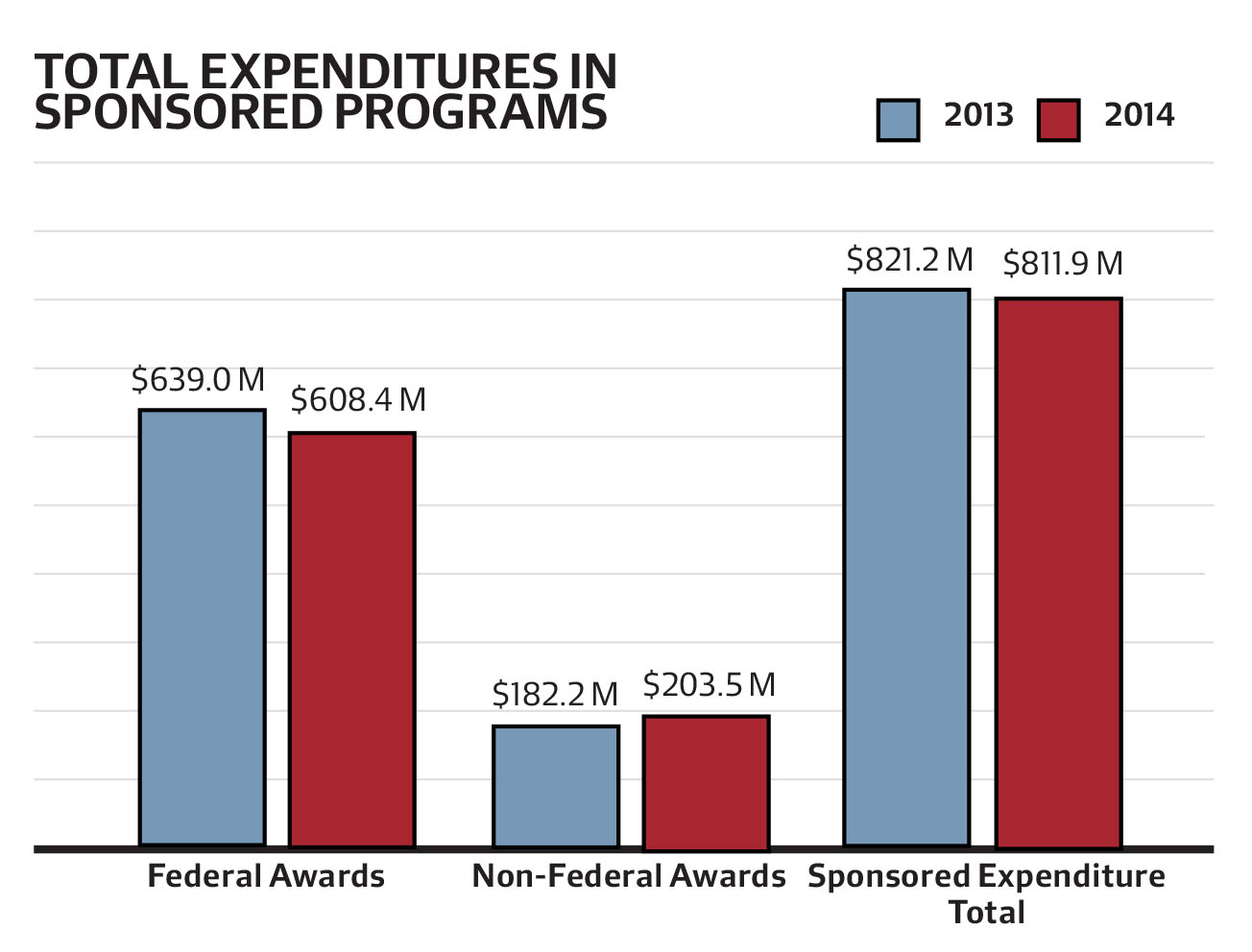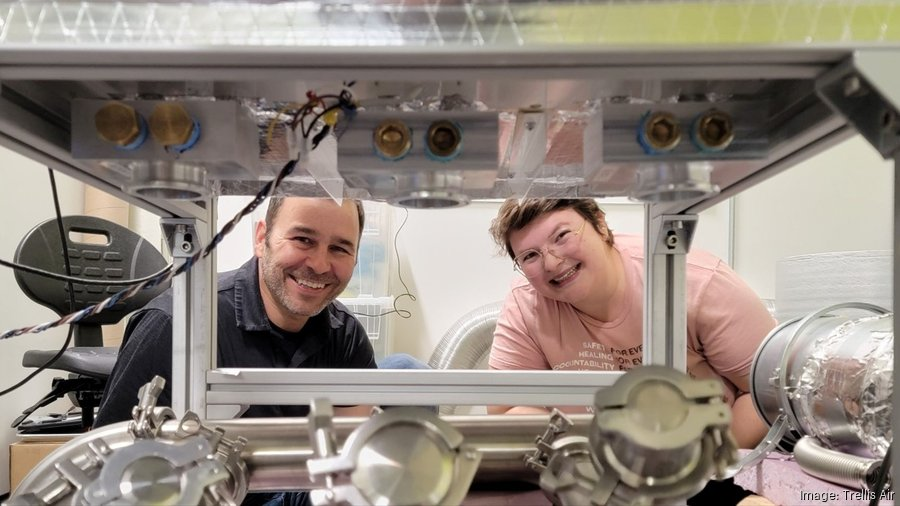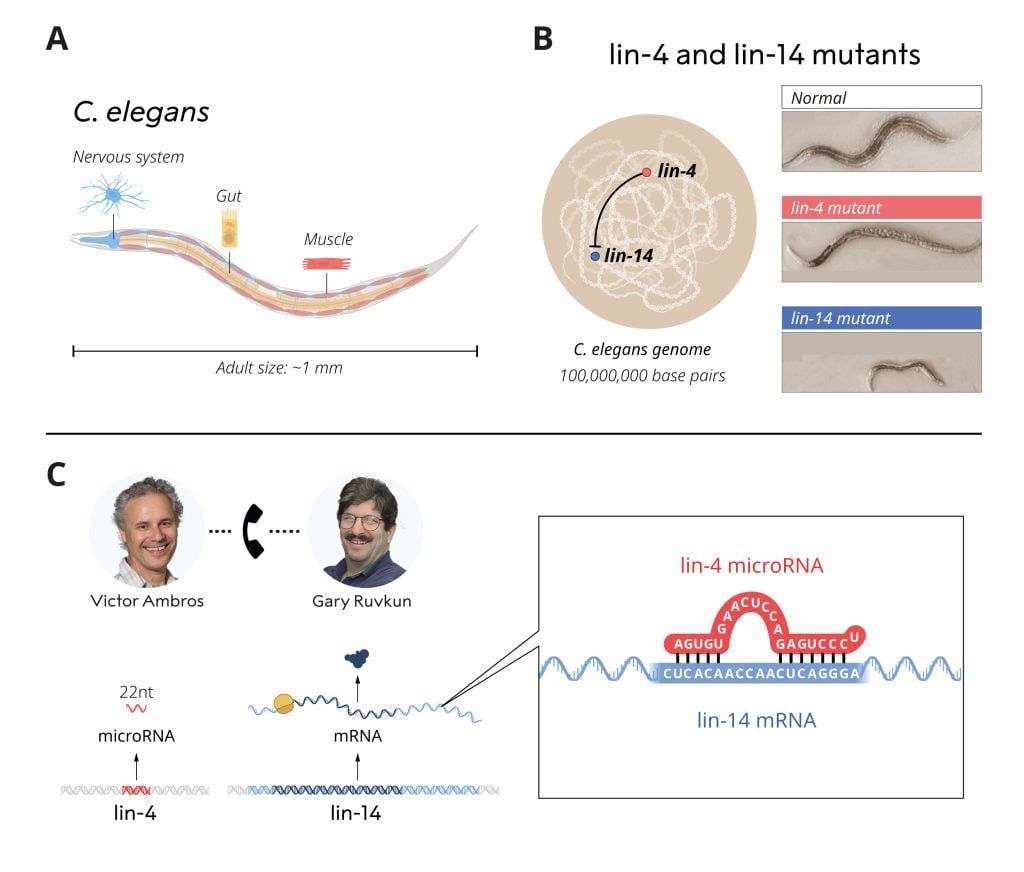
Harvard Research Funding Crisis: A Stop-Work Order Impact
Harvard research funding plays a crucial role in driving forward innovative projects that impact both academia and industry. In recent months, the spotlight has been on the Wyss Institute for Biologically Inspired Engineering, where esteemed director Don Ingber found himself facing the fallout from a federal stop-work order that stifled groundbreaking organ-on-a-chip technologies. These vital projects, originally backed by over $19 million in federal grants, were abruptly halted, casting uncertainty over significant advancements in fields ranging from healthcare to space exploration. As the administration’s mandate resulted in turmoil, Ingber emphasized the importance of sustaining talented researchers and the innovation economy that they help to build. This disruption forces us to understand the foundations of American progress, rooted deeply in collaborative efforts between government institutions and academic powerhouses like Harvard University.
Harvard’s financial support for research is pivotal in fostering scientific and technological advancements that propel society forward. Recently, a contentious federal directive disrupted ongoing projects at the notable Wyss Institute, led by Don Ingber, whose innovative research includes the development of organ-on-a-chip systems. With millions of dollars in governmental backing on the line, the abrupt stop to these projects raised alarm among scholars and innovators alike, as their work is central to understanding complex biological processes and potential applications in various fields. The intersection of academic inquiry and federal initiatives underpins the larger narrative of the U.S. innovation landscape, as researchers navigate the challenges posed by government policies. This situation highlights the critical need for stable funding mechanisms that nurture the scientific community and ensure continued breakthroughs essential for economic growth.
Impacts of the Stop-Work Order on Scientific Research
The recent stop-work order issued to researchers at Harvard has raised significant concerns within the scientific community. With projects halted across various fields, including pioneering organ-on-a-chip technologies, the implications of this order are extensive. Many researchers, including those from the Wyss Institute for Biologically Inspired Engineering, are scrambling to readjust their priorities and timelines. The abrupt cessation of funding not only affects ongoing research but puts at risk the careers of numerous researchers and students involved in these collaborative projects.
In particular, Don Ingber, the director of the Wyss Institute, expressed his concerns about the potential loss of momentum in critical projects that contribute significantly to the understanding of human health and technology development. As projects freeze, there’s a fear that critical research findings may be lost, leading to setbacks that could affect the innovation engine that has driven America’s economy for decades. The halt highlights the delicate balance between federal funding and the progress of groundbreaking research.
The Role of Harvard Research Funding in Innovation
Harvard research funding plays a pivotal role in propelling innovation within the United States. Projects funded by federal grants often lead to critical advancements in science and technology, enabling researchers to tackle pressing health and engineering challenges. In light of the recent funding cuts and stop-work orders, many are questioning the future of such essential research. With substantial contracts, including over $19 million tied to organ-on-a-chip initiatives, the urgency to secure continued support has become increasingly clear. This situation exemplifies the inherent relationship between academic institutions and governmental funding.
The implications are profound, particularly for projects that aim to address real-world issues such as radiation damage modeling and astronaut health in space travel. Ingber emphasizes that these research pursuits are not just academic exercises; they have the potential to inform public policy and enhance overall societal wellbeing. History has shown that significant breakthroughs often stem from federally funded research, reinforcing the need for stable funding sources to protect the foundations of America’s innovation economy.
Navigating Uncertainty: Researchers’ Responses
As researchers face uncertainty due to the stop-work order, many are making difficult decisions about their future roles and projects. With the potential for layoffs and project terminations looming, there is a palpable sense of anxiety across teams at institutions like Harvard. The urgency to find alternative funding sources or redirect personnel to other projects is a testament to the resilience of the scientific community. Ingber’s commitment to safeguarding his team’s welfare, even amid funding challenges, reflects the deeply human element of navigating research crises.
This crisis has not only impacted current researchers but also deterred potential new talent from seeking positions in Boston’s institutions. The fear of instability is causing ripples in the academic job market, with some scientists reconsidering offers and opportunities. Ingber’s acknowledgment of this trend illustrates how federal directives can indirectly influence the global perception of American science, creating an environment that may soon deter top international talent from participating in pivotal research endeavors.
The Consequences of Halting Innovative Projects
Halting innovative projects due to a stop-work order results in more than just a pause in research; it threatens the future of technological progress and scientific advancement. The Wyss Institute’s groundbreaking work utilizing organ-on-a-chip technology represents the forefront of integrating biology with engineering to solve complex problems. By freezing certain projects, the ability to explore new avenues in medical research—such as understanding the impacts of radiation on human health—is significantly stifled.
Moreover, the consequences extend beyond immediate project delays. The knowledge gained through these research efforts contributes to the broader innovation economy. With the current political climate creating barriers to funding, the long-term effects could lead to diminished global leadership in cutting-edge research and technology development, placing American scientists and institutions at a disadvantage.
Protecting People Amidst Research Funding Cuts
In the face of cutting-edge research funding cuts, the primary concern remains the welfare of the individuals involved in these projects. Don Ingber has emphasized the importance of protecting researchers and students during this turbulent time, advocating for internal funding mechanisms to support their work. This approach demonstrates a commitment to both the people and the science that drive innovation—valuing human capital just as much as the technological advancements they produce.
Finding ways to maintain employment and project involvement during such an unprecedented halt sheds light on the ethical responsibilities of research leaders. Whether it is reallocating grant funds or helping researchers transition to available roles, the urgency to safeguard talent is paramount. As researchers fear for their futures, a proactive stance on preserving workforce integrity can help maintain morale—and potentially lead to renewed focus on reestablishing the broken links to essential federal funding.
The Future of the Innovation Economy After Research Freezes
The disruption of funding due to recent stop-work orders raises critical questions about the future stability of the innovation economy in the United States. As the scientific community faces unprecedented challenges, many researchers worry that the freeze on projects will stifle the technological advancements that have historically fueled economic growth. The reliance on federal grants is crucial, particularly for groundbreaking initiatives at institutions such as the Wyss Institute, where innovative research relies heavily on continuous funding.
In light of these circumstances, there is an urgent need for policymakers to reconsider the implications of their funding strategies and the long-standing relationship between government and academia. Ensuring the continuity of funding for research not only drives innovation but also reinforces America’s position as a leader in technology and scientific discovery. Protecting this relationship is essential for fostering an environment where the innovation economy can thrive in the face of adversity.
Collaboration Between Academia and Government
The recent challenges faced by researchers at Harvard highlight the critical importance of collaboration between academia and government in fostering innovation. The historical pact that has driven the economy is built on the premise that governmental support is essential for academic research to thrive. However, with the current freeze on funding, this relationship is jeopardized, leading to uncertainty for many research initiatives, including those at the Wyss Institute.
To cultivate an environment conducive to scientific progress, it is imperative that both sectors communicate openly and work together to navigate challenges. Collaboration not only ensures that funding mechanisms are aligned with research priorities, but it also fosters the sharing of ideas and resources that can lead to groundbreaking discoveries. A renewed commitment to this partnership is crucial in rekindling the innovative spirit that has positioned America at the forefront of global research.
Long-Term Effects of Research Funding Cuts
The long-term effects of cuts to research funding can be profound and far-reaching. With the federal freeze on billions earmarked for research across institutions, critical projects are jeopardized, leading to potential delays in technological advancements. From the implications of organ-on-a-chip research to the impact of health and safety on space missions, the halt in funding casts a shadow on the collective scientific endeavor that underpins modern progress.
As researchers grapple with the fallout, both the immediate and cascading effects may be felt for years to come. A decrease in output from prominent academic institutions could hinder the next wave of innovations essential for addressing future challenges, be it in healthcare, environmental sustainability, or technology optimization. The full impact of these cuts will unfold over time, and awareness of their potential ramifications is of utmost importance.
Repositioning Research in a Changing Landscape
In response to the changing landscape of research funding, academics and institutions must explore innovative strategies to reposition themselves amid uncertainty. There is an increasing need for diversifying funding sources beyond federal grants to ensure the continuity of critical scientific projects. Collaborative initiatives with industry partners, non-profits, and philanthropic organizations may present viable alternatives that not only preserve research but also expand its impact.
Additionally, establishing stronger networks among researchers can lead to greater resilience against funding fluctuations. As scientists unite to share resources, knowledge, and expertise, they can create a robust ecosystem that champions innovation regardless of governmental constraints. Developing agile research frameworks will be key to navigating the challenges posed by changing funding environments.
Frequently Asked Questions
What impact does the stop-work order have on Harvard research funding?
The stop-work order significantly impacts Harvard research funding by halting projects and freezing $2.2 billion in federal grants. Researchers, like those at the Wyss Institute, have to pause their work, which jeopardizes ongoing studies and projects, including critical studies using organ-on-a-chip technology.
How does the stop-work order affect projects at the Wyss Institute?
At the Wyss Institute, the stop-work order directly affected multiple projects, including those focused on organ-on-a-chip technology. With over $19 million in federal contracts frozen, researchers must navigate the uncertainty and make quick decisions about the future of their work and staff.
What are the implications of federal grants being frozen for researchers at Harvard?
The freezing of federal grants creates a precarious situation for researchers at Harvard, leading to project halt and potential layoffs. It disrupts crucial scientific studies, especially innovative projects within the innovation economy that rely on federal support for ongoing research and development.
What role does the Wyss Institute play in Harvard research funding?
The Wyss Institute plays a crucial role in Harvard research funding by securing substantial federal grants that facilitate groundbreaking research, such as projects involving organ-on-a-chip technologies. The institute is pivotal in advancing innovative solutions in biomedical engineering, contributing to the overall innovation economy.
How does the organ-on-a-chip research influence American innovation?
Research utilizing organ-on-a-chip technology at Harvard’s Wyss Institute significantly contributes to American innovation by providing insights into human biology and disease modeling. These advancements can lead to improved drug development and better understanding of environmental impacts, thus driving growth in the innovation economy.
What is the relationship between Harvard research funding and the U.S. innovation economy?
Harvard research funding is intricately linked to the U.S. innovation economy. Federal grants support cutting-edge research that drives technological advancements and scientific breakthroughs, fostering a culture of innovation essential for economic growth and maintaining a competitive edge in global markets.
What should researchers do during a stop-work order related to Harvard research funding?
During a stop-work order affecting Harvard research funding, researchers should assess the situation, seek alternative funding sources, and explore internal project reallocations. Effective communication with stakeholders and maintaining project documentation are also critical to ensure a smooth transition once the funding situation is resolved.
How does the halt in research funding affect talent retention at Harvard?
The halt in research funding can severely impact talent retention at Harvard, as uncertainty surrounding projects and job security may lead researchers and postdoctoral fellows to seek opportunities elsewhere. This trend threatens Harvard’s ability to attract the best scientists and maintain its status as a leading research institution.
What future developments can we expect in Harvard research funding following the stop-work order?
Following the stop-work order, future developments in Harvard research funding will depend on the outcome of ongoing lawsuits and negotiations with the federal government. A possible restoration of funding could enable researchers to resume their projects, while continued restrictions could lead to long-term impacts on scientific research and innovation at Harvard.
How does the current situation impact future federal research funding initiatives?
The current situation regarding Harvard research funding could deter future federal research funding initiatives if it leads to a perception of instability in the research environment. Government-university partnerships are crucial for driving innovation, and any disruption may result in decreased investment in academic research moving forward.
| Key Point | Details |
|---|---|
| Stop-Work Order | Harvard faced a stop-work order affecting research projects due to government funding freeze. |
| Projects Affected | Ingber’s projects involve organ-on-a-chip technology significant for health and space research. |
| Funding Impact | $2.2 billion in funding was frozen affecting many researchers at Harvard. |
| Legal Response | Harvard filed a lawsuit against the government to restore funding. |
| Impact on Researchers | Researchers are uncertain, with some considering leaving due to job instability. |
| Broader Implications | The situation may deter foreign scientists from coming to the U.S. and affect innovation. |
| Importance of Research | Organs-on-a-chip can model radiation effects crucial for health and safety. |
Summary
Harvard research funding is currently under threat due to a controversial stop-work order issued in response to the university’s rejection of government demands, which has effectively frozen over $2.2 billion in research. This funding freeze has significant implications not only for the affected researchers and their projects but also for the broader innovation ecosystem in the United States. The ongoing legal battle and the resulting uncertainty have left many talented scientists contemplating their futures, potentially hampering America’s renowned status as a leader in scientific research and development.








